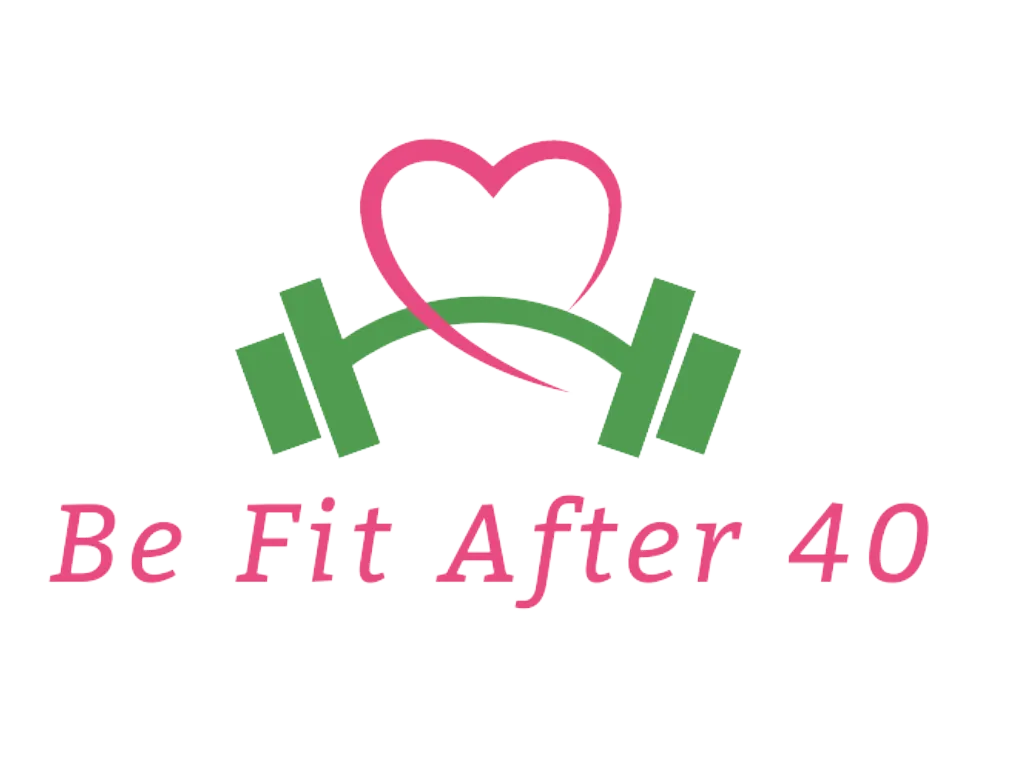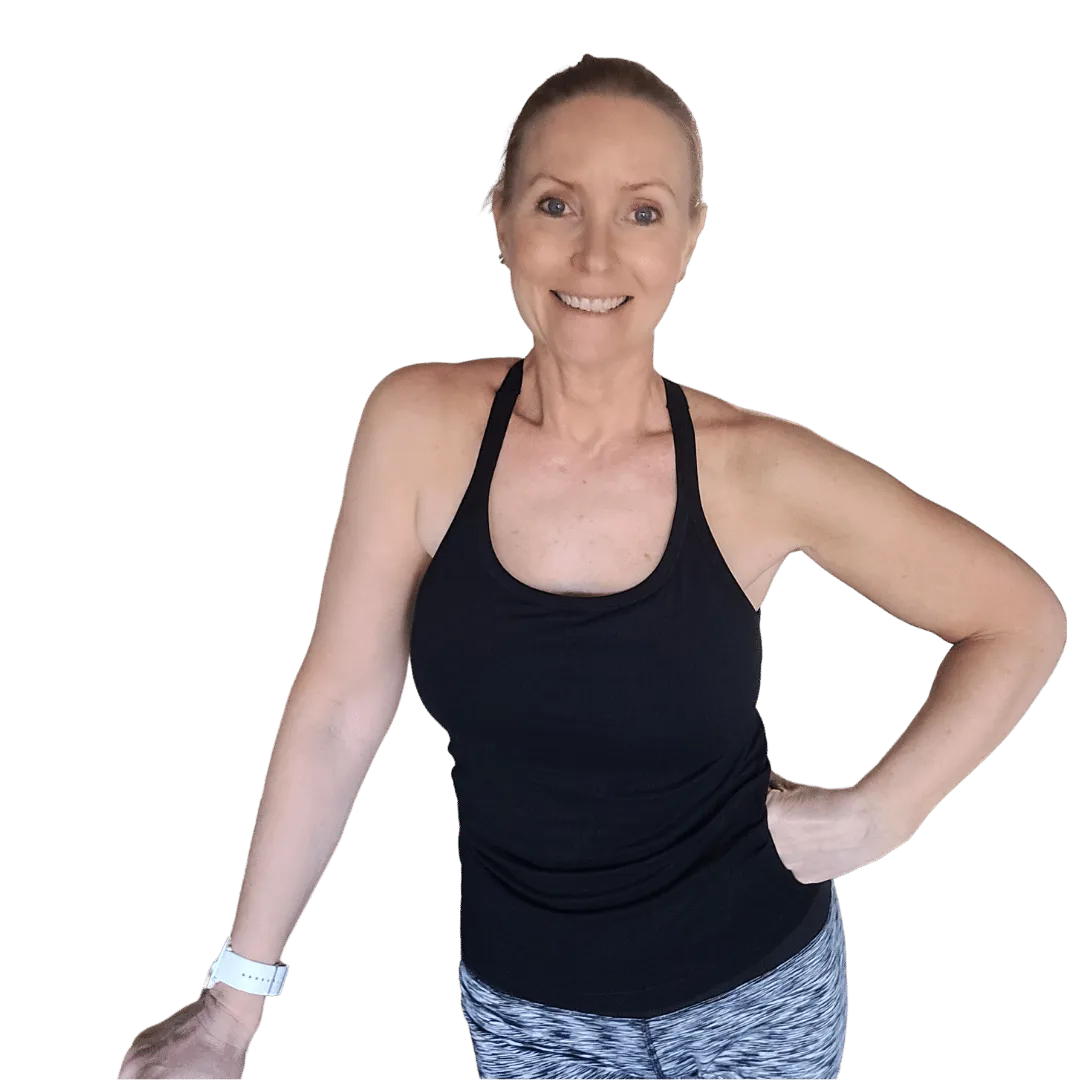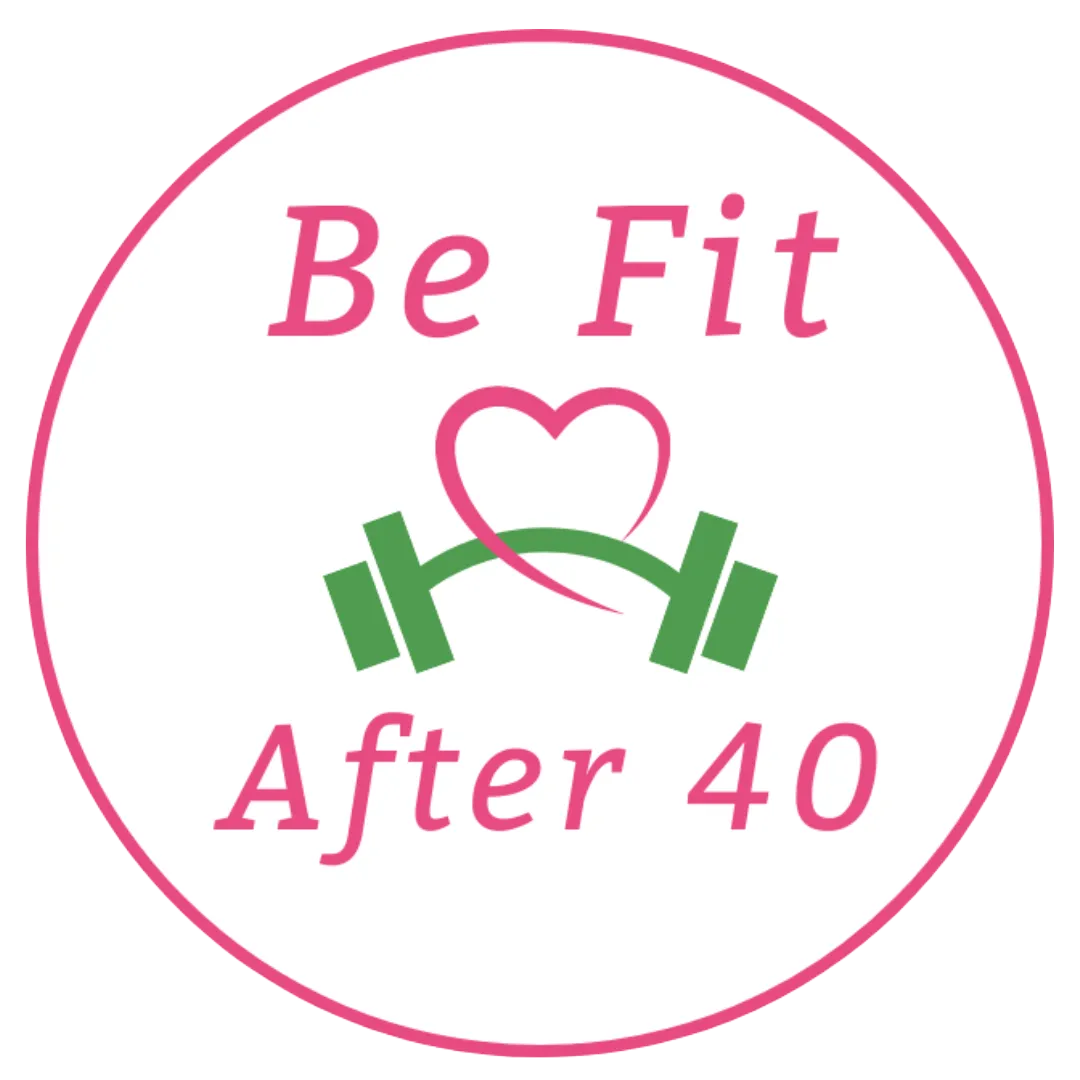5 Changes to Get Back in Sync with Your Body in Menopause
5 Changes to Get Back in Sync with Your Body in Menopause
If you feel like your body changed overnight and that the things that used to work suddenly don’t - you are not alone.
For many women, perimenopause and menopause bring changes that feel completely out of our control. The workouts that once kept us lean and fit stop working.
We lose muscle tone, gain belly fat, and start wondering what happened to the body we used to know.
The good news is that your body isn’t broken. It’s just changed.
When your hormones shift with the changes in menopause, your training, nutrition, and recovery need to shift too.
Here are the five key fitness and lifestyle changes that helped me get my body back - not the same as it was in my 20s, but strong, steady, and truly working with me again.
1. I Had to Change My Mindset About Exercise
For years, I believed that more was better: more cardio, more sweat, more burn.
If I wasn’t exhausted or drenched in sweat, I felt like I hadn’t worked hard enough.
But in midlife, that approach stopped working. Despite working out 5 days a week, I was I was losing muscle tone and gaining fat.
I no longer looked like I worked out. Instead, I looked blobby.
The first mindset shift was realizing that I didn’t need to push harder. I needed to train smarter. To start doing the kinds of workouts that would make my body look and feel great in this new stage of life.
As I watched my parents’ physical condition decline, I also started thinking more long term: what do I want my body to be able to do 25 or 30 years from now when I’m their age?
So, now, my workouts are designed to not only make me look and feel great today, but also to ensure that I’ll be able to live the kind of life I want to live in the decades ahead.
2. I Made Strength Training My Anchor
In my 30s, I fell in love with group fitness classes: aerobics, spinning, dancing, classes with weights – I loved them all. Just showing up and doing what the instructor told me to do was easy, and being surrounded by other women and moving to music made it more fun.
I was conscious of the fact that I needed to do ‘strength training’ too. But I thought that classes like BodyPump and BootyBurn were strength training. I didn’t realize that they were just cardio classes with weights.
So, for a long time, I looked and felt great, but then menopause caught up with me and the natural decline in muscle mass that comes with age, coupled with gaining belly fat due to hormonal changes revealed that I was missing something: proper strength training.
Now, strength training is the foundation of my week. It’s how I’ve put muscle on my body, gotten stronger, and now I look more toned, and feel so much more confident in my body.
Once strength training became my anchor, everything else fell into place.
3. I Focused on Eating Protein
My focus on building muscle has spawned some great additional changes in my life. One of which is that I eat more protein.
Muscle is made up of amino acids, and to have amino acids on hand in our bodies to build muscle, we need to eat protein. So, as I wanted to put more muscle on my body, I focused on getting enough protein.
What’s enough? Well, a minimum of 100g/day, but if you’re serious about holding on to and building muscle, I’d aim for 1g/lb/day.
Now eating that much protein does not happen by accident. You need to consciously plan your eating to achieve it.
I go deeper into this topic in Episode 119: Protein — Why It Matters, How Much You Need, and Practical Tips to Eat Enough.
4. I prioritize sleep and recovery
When I hit perimenopause, sleep became a real challenge.
Falling asleep, staying asleep, and waking up rested felt harder than ever and I realized how much it affected my energy and how I showed up to my workouts.
Since then, I’ve become a little bit obsessed with getting good sleep because when I do, everything else just works better: my recovery improves, I have more energy to train, and I simply feel more like myself again.
HRT helped me with sleep, but so did the habits I created around recovery: earlier bedtimes, managing stress, and knowing when to pull back instead of push through.
Sleep also plays a big role in weight management.
When you don’t get enough of it, your hunger and fullness hormones (ghrelin and leptin) can get out of balance, making it easier to overeat or crave quick-energy foods.
That’s why I always say sleep is the cornerstone of well-being in midlife.
If you’re not sleeping well, start there. It’s the first thing to work on before tweaking anything else.
In midlife, recovery really is the new hard work.
I go deeper into practical sleep and recovery strategies in Episode 128: Simple Tips to Sleep Better - to Boost Recovery, Energy & Strength.
5. I Reassessed My Relationship with Alcohol
It’s funny how focusing on improving one thing slowly branches out to other areas. My obsession with sleep changed my drinking habits.
When I started tracking my sleep using the Oura ring about 8 years ago, one of the first things I noticed was that one glass of wine before bed really reduced my deep sleep.
Deep sleep is critical for feeling rested and for the body’s overall recovery and growth.
So, these days, I’m more intentional about my drinking. To support my sleep, I don’t drink during the week at all. I save it all for social events.
Now I do know that no amount of alcohol is safe or healthy. And as alcohol’s effects on brain health are becoming more widely understood, it’s very likely that one day I’ll decide to cut out alcohol altogether.
But for now, I’ve altered my drinking habits to better support sleep.
Final Thoughts
Menopause forced me to learn new ways to work with my body instead of against it.
These five changes helped me feel like myself again — physically, mentally, and emotionally.
If you’re feeling out of sync with your body in midlife, you might try these too. You’ll be amazed at how much control you can get back.
Check out these episodes for more information
• Episode 139: Perimenopause and HRT — My Personal Story
• Episode 140: How HRT & Testosterone Changed My Life & Training
• Episode 119: Protein — Why It Matters, How Much You Need, and Practical Tips to Eat Enough
• Episode 128: Simple Tips to Sleep Better - to Boost Recovery, Energy & Strength



